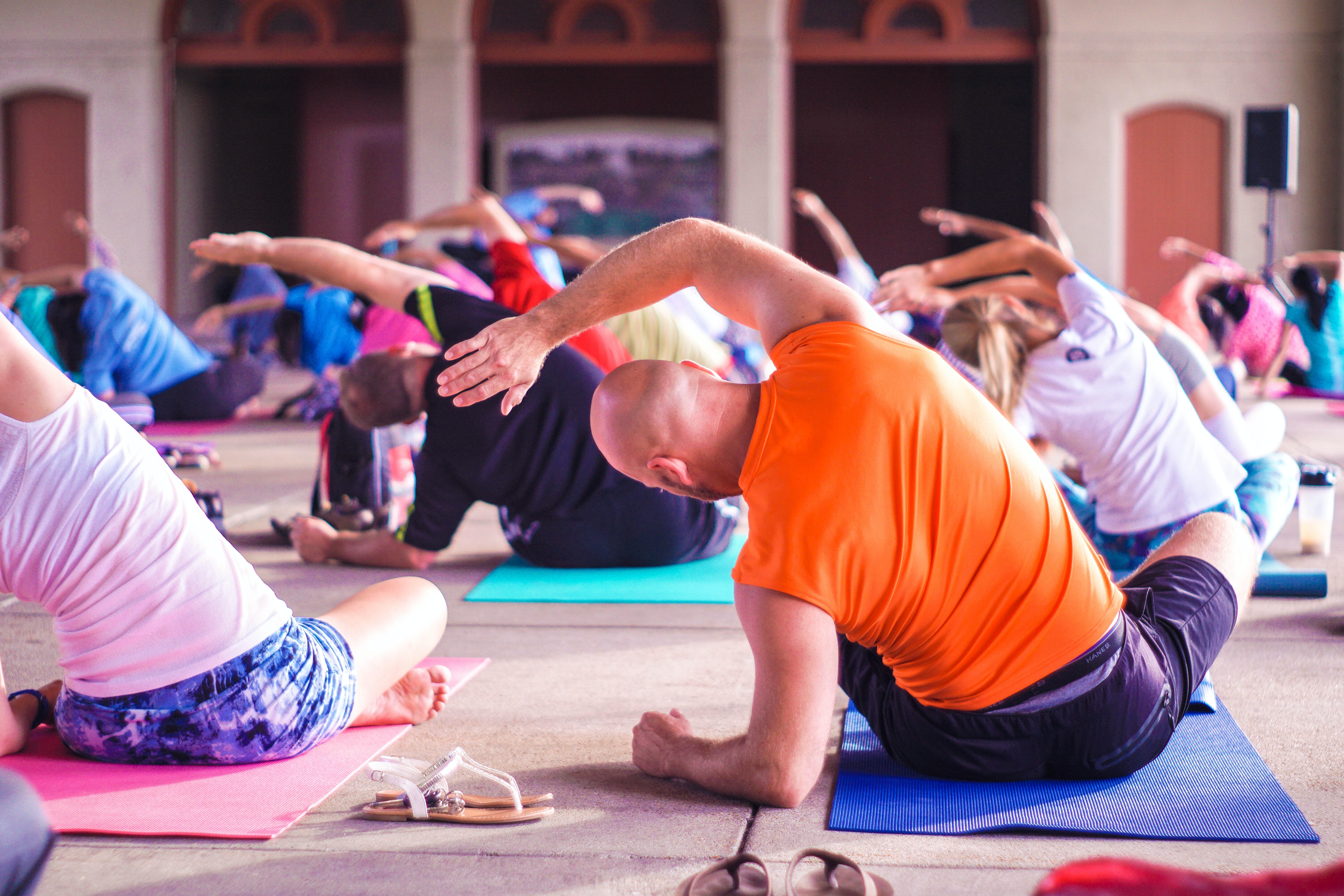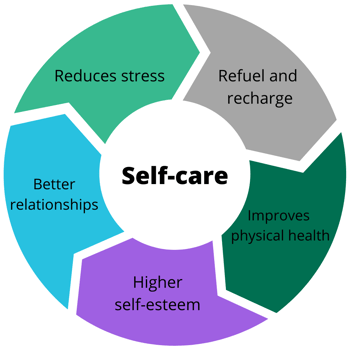We often hear the term ‘self-care’ thrown around, whether it’s in passing conversation with friends or across social media with ‘#SelfcareSunday’ hashtags, but what does self-care really mean, and why is it so important to practice it?
According to Oxford Languages, self-care is ‘the practice of taking action to preserve or improve one’s own health’. Basically, taking time out for an activity that puts you first, and ensures you feel calm and content during and after. It’s important to note too that, despite common stereotyping, self-care isn’t just for women and doesn’t solely consist of face masks and spa days. It’s something we should all be practicing regularly, even incorporating into our daily routine. So, let’s make a start.
How to self-care like a pro
Now that you have a better understanding of what self-care is, you may be thinking - how do I sign up? The secret is: self-care is different for everyone and it is entirely up to you how you choose to consciously take some time out for yourself. If you are stuck for ideas, some popular ways to practice self-care are:
- Exercising
- Getting outside for a walk
- Meditation
- Playing a musical instrument
- Drawing, painting or crafting
- Taking some time to wash and groom in the morning
- Getting a new haircut (lockdown dependent)
- Eating good, healthy food
- Tidying and cleaning your living space
- Reading
- Ditching your phone for a day
- Having a bath (another great way to stay away from your phone, no one wants an iPhone full of suds)

Reap the rewards
These kinds of activities will surely deliver an instant feeling of contentment and calm, but there are also long-lasting benefits to enjoy by slowing down and focusing on yourself. Self-care has a domino effect of continuous benefits, starting with basic improvements to your mental health and eventually leading to positive physical health benefits too, especially important in today’s restricted world.
By practicing self-care, you are subconsciously becoming more connected to your body and understanding what it needs to feel its best, whether that is rest, healthy food, or exercise. Setting aside time to do things you love will help reduce your stress and anxiety, allowing you to recharge and refuel. Instead of working late, why not try going for an evening walk instead, or having an early night? It may seem small, but this will help you avoid burnout and set clear boundaries between working hours and rest.

Having more energy and reduced stress levels can boost your self-esteem too and generally make you feel good. In turn, this newfound positivity can help you tackle those everyday tasks that used to feel challenging or overwhelming.
If you are feeling more positive and confident, you should hopefully begin to speak to yourself kindly and actively celebrate your daily wins, no matter how small. This is a much more productive state of mind to be in, allowing you to share this positive energy with those around you, improving your relationships both personal and professional.
So, with all that in mind, ask yourself: why have I not practiced self-care before? You will be glad to know that it’s never too late to start. Take five minutes today and pencil into your calendar some of the activities we have mentioned. Happy self-caring!
If you are interested in learning more about self-care and mental health, you can visit the Mental Health Foundation website here: https://www.mentalhealth.org.uk/.

